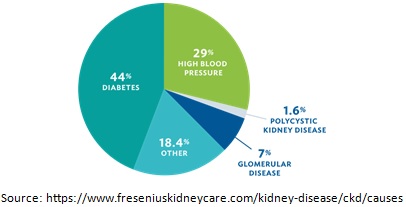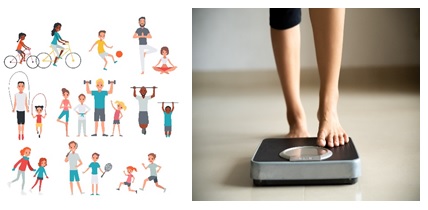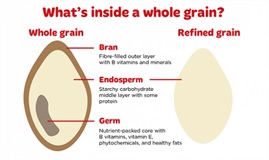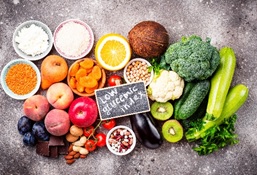
Diabetes & Prevention of Kidney Disease
‘Care for your kidney’s series’
(Brought to you by MOHAN Foundation & Care for Your Kidney Foundation)
Kidneys are two small bean-shaped miracle organs that filter about half a cup of blood every minute, removing wastes and toxins from your body in the form of urine. According to a study, one in every ten people in India is estimated to be suffering from some or the other form of chronic kidney disorder and you could be one of them!
According to global burden disease CKD (chronic kidney disease) study, diabetes was accountable for about 30% of chronic kidney diseases. Diabetes is the most common cause of CKD worldwide and in India. According to International Diabetes Federation’s Diabetes Atlas edition 2019, number of patients with diabetes in India is expected to rise from the present 77 million (2019) to 134 million in 2045 (74% increase) unless urgent preventive measures are taken.
What is diabetes?Diabetes is a common condition that affects the way your body turns the glucose in your food, into energy that is stored in tissues.
Types of DiabetesTwo common types of diabetes include type 1 and type 2. Both affect your body’s insulin production. Insulin helps move glucose (or sugar) from carbohydrates out of the blood stream and into the cells. This gives cells the energy to do their work. When your insulin is low or used incorrectly, the glucose stays in your blood, and body does not have enough energy to do its work.
You are at risk of developing type 2 diabetes if you are:

High blood glucose levels can damage blood vessels in the kidneys and cause kidney problems. These blood vessels act as filters to dispose of waste products in the body. In people with diabetes who have high blood glucose, the kidneys must work harder to dispose of waste. Over time this extra work can damage your kidneys, leading to CKD and kidney failure.

The symptoms of both type 1 and type 2 can include:

Make exercise a part of your daily routine.
You can take up at least one hours of exercises like brisk waking, swimming, dancing, cycling, high intensity workout in gym, running etc.
These help in –

Once the grains are refined, they lose their fibre content and most of their nutritious content. That is why it is recommended to consume whole grains as they are rich is fibre and nutrition and they delay the absorption of glucose in the blood, thus preventing spiking of blood sugar levels. e.g., whole oats, whole wheat, millets, buckwheat, quinoa, brown rice.

‘White foodstuffs’ such as refined sugar, refined flour, rice (white) etc., are known to be high in starch and glucose, with high glycaemic index (a measure of how quickly these foods increase the blood glucose levels) and therefore, preferable avoided.

Go for low/medium glycaemic index alternatives such as sweet potatoes, chickpeas, lentils, green vegetables, brown rice, and most fruits.
How can you keep your kidneys in check if you have diabetes?
Here are a few tips that you should follow to keep your kidneys safe:
‘Early detection and Management is the key to slow down kidney disease progression’